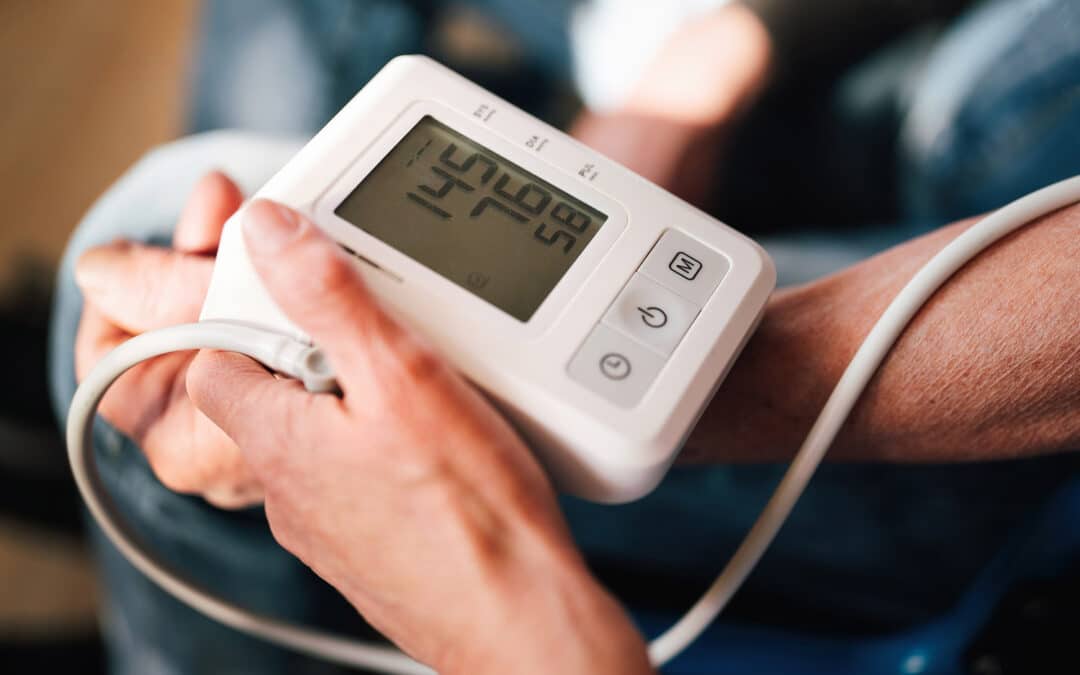While heart health is often one of the main focuses of men’s health, heart problems are equally threatening for both men and women. Presentation of heart attacks, risk factors, and other health factors may differ between the two, but it’s every bit as important for women to know the signs of heart disease and heart attack as it is for men. In fact, cardiovascular disease is the most prominent killer of both men and women in the United States. You should be aware of the cardiac differences between females and males.
Which Gender is Most Likely to Have a Heart Attack?
It used to be that men were the most common gender affected by heart disease and attacks. At least, the statistics suggest as much. However, it wasn’t until recent decades that it was discovered how differently women presented symptoms from men, so these figures could be skewed. Many different factors in an individual’s life can determine the cardiac differences between females and males.
That being said, factors like women joining more factions of the workforce, indulging more openly and freely in risk factors like cigarettes and alcohol, and a spike in the amount of stress they experience may all contribute to their risk of heart disease as well. And, most recently, figures reflected that women are now at greater risk for heart attacks than men after the age of 60, though men are still the more likely gender to suffer from a heart attack between the ages of 40 and 60.
What Risk Factors May Increase Risk of Heart Disease?
While presentation and symptoms may differ greatly between men and women, the risk factors themselves are relatively similar. Things that can increase the risk of heart disease in both genders include:
- Smoking – While quitting the habit of smoking cigarettes can be an intimidating task, doing so immediately lowers your risk of heart disease regardless of how long or how much you’ve been smoking. It also helps if you’re not combining cigarettes with birth control pills, as doing so can drastically increase your risk of heart disease.
- Excessive alcohol intake – Drinking too much alcohol can negatively impact your health in a variety of ways and increase your risk of heart failure and heart attack is no exception. This is partially because it can also cause obesity and high blood pressure, both of which are additional risk factors for heart disease.
- Depression – Depression doesn’t just affect the mind or one’s productivity, it can also affect heart health. Because those suffering from depression often also neglect their health in other ways, this is a notable contributing factor to a heart attack.
- Extended periods of high stress – High stress can impact your blood pressure, which can put too much strain on your heart. Suffering from such a condition for extended periods of time heightens your risk for heart attack.
- Obesity – Body fat content and location (i.e. in the waist rather than around the hips) can also contribute to your risk of heart failure.
- Diabetes – Diabetes and heart conditions often go hand in hand thanks to blood glucose levels and their impact on other areas of overall health, such as weight, physical activity, and blood pressure.
- High cholesterol – Cholesterol levels are a good indicator of how at-risk you are of a cardiac event. Check your levels at your annual physical to make certain you don’t need to make any dietary or activity changes.
- High blood pressure – Because high blood pressure makes your heart have to work harder, it’s more likely to see damage or deterioration before it’s meant to.
- A sedentary lifestyle – Failing to engage in physical activity on a moderate level can negatively impact your health in other ways that affect your heart health, such as weight, blood sugar levels, and blood pressure.
- Birth control pills – Many oral contraceptives include possible heart issues in their side effects, especially when combined with habits such as smoking and excessive drinking.
- Autoimmune diseases like Rheumatoid Arthritis and Lupus – Autoimmune diseases can put a huge strain on the heart, increasing your likelihood of suffering from a cardiac event.
- Sudden lower levels of estrogen in women – Estrogen has been noted as a factor that seems to decrease women’s risk of a heart attack. Post-menopausal women are significantly more likely to develop a heart condition than pre-menopausal women. Even so, Hormone-Replacement Therapy (HRT) may not be a suitable response to this natural hormonal change, as HRT carries its own set of risks. Discuss your individual risks with your doctor before seeking out this course of treatment.
What Does a Heart Attack Feel Like for a Man? For a Woman?
A man’s symptoms during a heart attack have been the standard for decades, with only recent developments proving a huge difference between how men and women present heart attacks. Men tend to experience:
- Chest pain
- Nausea
- Sweating
- Unusual levels of fatigue
- Pain that radiates to other parts of the body (i.e. the arm, jaw, and shoulder)
- Events of extreme emotional duress or physical exertion prior to the event.
These symptoms can be similar during a woman’s heart attack, but women are more likely to experience:
- Discomfort in the form of odd pressure or tightness in the sternum
- Periods of being short of breath, nauseous, and fatigued
- Severe lack of sleep
- Cold, pale, or clammy skin
- Faintness or lightheadedness
It is absolutely crucial that women know their bodies and understand what to look out for because the risk of heart disease in women has started to increase with time. If a woman expects her symptoms to match that of a man’s she may underplay or completely miss the signs her body is giving her.
It’s especially important that you pay attention to any of the above symptoms if you have already experienced a cardiac event, regardless of your gender. If you have already had a heart attack, you are significantly more likely to suffer from another and your chances of survival decrease considerably. The faster you recognize what your body is doing and get to an emergency room, the more likely you are to survive the event without lasting damages. Know your body, know the symptoms to be aware of, and don’t underplay it if you start to notice that something is wrong.
If you are concerned about your heart’s health and are looking for cardiovascular specialists in the Humble and Houston area, contact Vital Heart & Vein today and schedule an appointment with one of our spectacular physicians.




